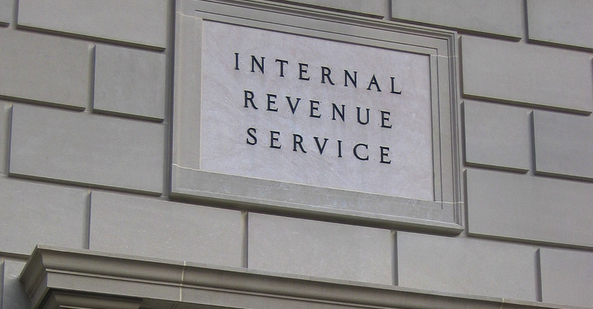IRS Warns Of “Largest Ever” Phony Phone Call Scam

(afagen)
“This is the largest scam of its kind that we have ever seen,” said J. Russell George, the Treasury Inspector General for Tax Administration (aka, the much cooler-sounding TIGTA).
In all, George says his office believes that victims of the scam have already lost at least $1 million to the scheme, in which the bad guys and/or gals cold-call consumers and pretend to be from the IRS. They then tell intended victims they owe taxes and must pay using a prepaid debit card or wire transfer. If the recipient of the call refuses, the scammers threaten them with arrest, deportation or loss of a business or driver’s license.
This form of scam involving prepaid debit cards and/or wire transfers is nothing new, but it seems like crooks are coming to realize they can leverage the public’s fear of the IRS and the federal government as a way to squeeze victims for money.
TIGTA says some scammers are prepared for their calls with information that helps to convince unsuspecting victims. According to the warning, the callers often know the last four digits of the victim’s Social Security Number, spoof their phone number so it appears as if the IRS is indeed calling, send official-looking but fake e-mails to victims in an effort to bolster their demands, and will sometimes make subsequent calls to the same recipients claiming to be the police or department of motor vehicles.
“The increasing number of people receiving these unsolicited calls from individuals who fraudulently claim to represent the IRS is alarming,” writes TIGTA. “At all times, and particularly during the tax filing season, we want to make sure that innocent taxpayers are alert to this scam so they are not harmed by these criminals.”
George says that the IRS generally contacts consumers about unpaid taxes by mail before making any sort of telephonic connection. Furthermore, the IRS has a bank account and knows how to deposit checks, so it won’t ever ask for payment using a pre-paid debit card or wire transfer, nor would the IRS ask for a credit card number over the phone.
“If someone unexpectedly calls claiming to be from the IRS and uses threatening language if you don’t pay immediately, that is a sign that it really isn’t the IRS calling,” said George.
• If you owe Federal taxes, or think you might owe taxes, hang up and call the IRS at 800-829-1040. IRS workers can help you with your payment questions.
• If you don’t owe taxes, call and report the incident to TIGTA at 800-366-4484.
You can also file a complaint with the Federal Trade Commission at www.FTC.gov. Add “IRS Telephone Scam” to the comments in your complaint.
Want more consumer news? Visit our parent organization, Consumer Reports, for the latest on scams, recalls, and other consumer issues.

